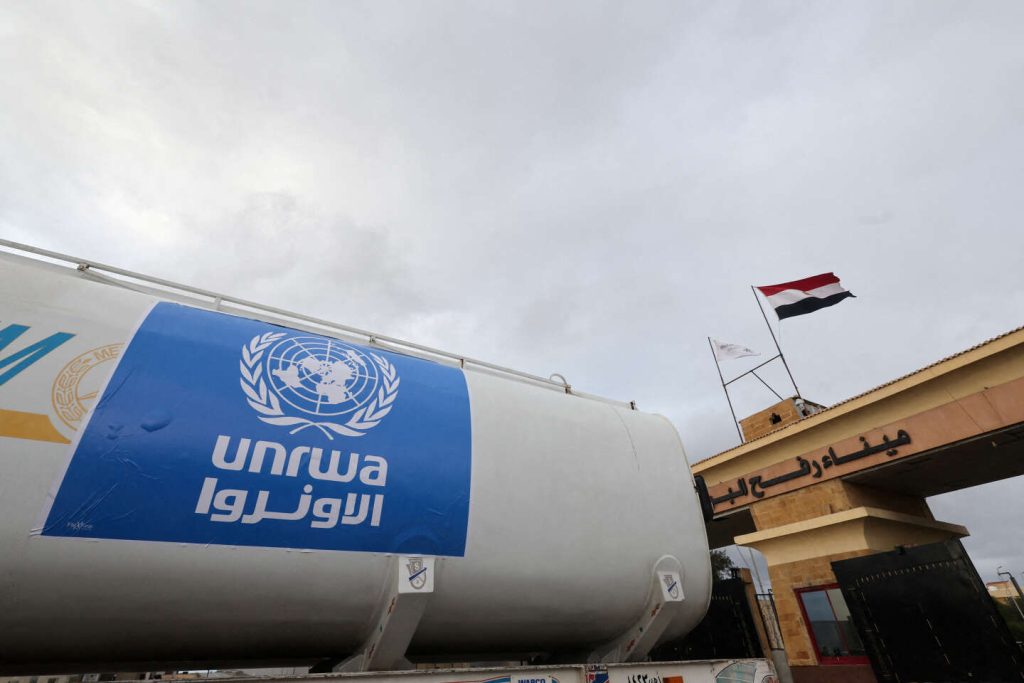A comprehensive review of the United Nations Relief and Works Agency (UNRWA) for Palestinians has highlighted some “neutrality-related issues,” according to a new report. Despite Israel’s allegations, no evidence has been provided to support claims that UNRWA staff are affiliated with terrorist organisations.
The 54-page report, spearheaded by French diplomat Catherine Colonna, reaffirms UNRWA’s critical role, describing it as “irreplaceable and indispensable” for the human and economic development of Palestinians.
Israel had raised concerns in January, alleging that some UNRWA employees might have been involved in the Hamas attack on October 7, 2023. This led to several donor states, including the U.S. and Britain, temporarily halting around $450 million in funding. However, countries like Sweden, Canada, Japan, the EU, and France have resumed their contributions. The U.S., on the other hand, has enacted legislation blocking its funding to UNRWA until March 2025.

Amid these funding freezes, UN Secretary-General Antonio Guterres has described Gaza as a humanitarian hellscape, with its 2.3 million residents facing severe shortages of essential supplies.
Colonna’s team was tasked with evaluating UNRWA’s commitment to neutrality. While some “neutrality-related issues” were identified, such as biased social media posts by staff and certain textbook content, the report noted that Israel has not substantiated its claim of over 400 “terrorist” employees within UNRWA.
Israel’s response criticised the report for downplaying the severity of the issue and offering insufficient solutions.
UNRWA welcomed the report’s findings, with Guterres endorsing its recommendations. The review revealed that most neutrality breaches were related to social media posts following violent incidents affecting staff or their relatives.
The report also acknowledged UNRWA’s efforts to curb biased content in schools but flagged that 3.85% of textbook pages still contained problematic material.
Furthermore, concerns were raised about the politicisation of staff unions and the need for more gender-balanced representation within these unions.
Recommendations included an expanded review of educational materials, increased transparency with donors, and bolstering the presence of senior international staff in the field.
Philippe Lazzarini, UNRWA’s head, cautioned against dismantling the agency, warning that it would exacerbate Gaza’s humanitarian crisis.
Established in 1950, UNRWA provides vital services to nearly 6 million Palestinians across Jordan, Lebanon, Syria, the Gaza Strip, and the West Bank, including East Jerusalem.


